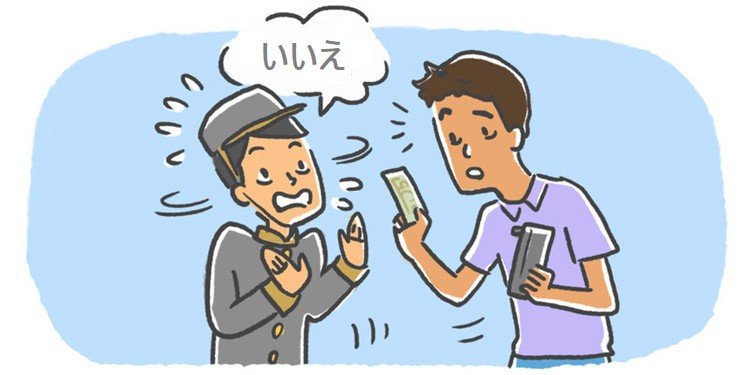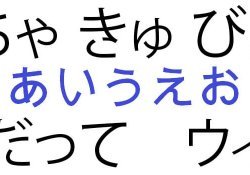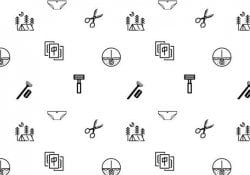Japanese has few syllables, so many Japanese words are the same. This isn't usually a problem thanks to the context. The big problem is the numerous meanings that are present in a single word. In today's article we are going to see some words that can make people confused. Words that not even the Japanese know how to differentiate or explain, making Japanese vague.
Same words with different meanings and ideograms we already know. See the example of the word chopsticks which can mean bridge, chopsticks, edge and shore. Another example is the word Kami which can mean God, Paper or hair. We have already covered this in the article. same words with completely different meanings. But today we are going to address the same words that can give the opposite sense of their meaning.
Índice de Conteúdo
Words with vague and contrary meanings
This happens even with words we use in everyday life, but we never stop to think about it. In English this also happens when a person ends up offering something to us, and we say ok or thank you, sometimes the person is confused as to whether or not we are accepting. The same thing happens in Japanese with the word daijoubu 大丈夫.
The word daijoubu means being well, it is often used as a response after something bad happens. As with thank you can use it to reject something that is offered to you, say that it's okay and you don't need it.
Something similar happens with the word ii "いい", in which case they can be an abbreviation of 2 different words, 良い which means good and いいえ which means no. Suppose you invite someone to do something and they respond sore wa ii - それはいい, you are more likely to think that she has accepted it, but it may happen that this いい mean no.
Another example that boggles the mind of any Japanese student is the phrase それ好きかも (sore suki kamo), some people end up using this phrase to say they like someone. The big problem is that the word かも means possibly, maybe, could or might. So does that mean he likes the person or doesn't?
Another rather vague answer you might hear in Japanese is どっちでも (dotchidemo) which means anyone or whatever. It may seem like the person doesn't care about the conversation or doesn't really want something.
Why is Japanese so vague?
Another confusing word is yabai which can mean both good and bad, we wrote an article talking about this word, you can read clicking here. Another slang word is the word Ukero which means to receive or take, but young people use it as ridiculous or hilarious. These are just a few of the thousands of vague words that exist in Japanese. Paying attention and knowing the context is the best way to identify its meaning.
Japanese is full of vague expressions, and really understanding the true meaning is not easy. Vague words prevent shy Japanese from saying yes or no directly or clearly. Japanese people like to give vague answers to avoid hurting or saying something that is bad for someone else, they also have difficulty expressing what they really think or their feelings. Perhaps this is one of the great reasons why Japanese have very vague words with no defined meaning.
This article was inspired by episode 9 of the drama Nihonjin no Shiranai Nihongo, I highly recommend it to anyone learning Japanese. What do you think of these vague and undefined words in the Japanese language? Can you understand their meaning?







